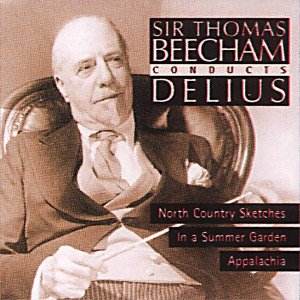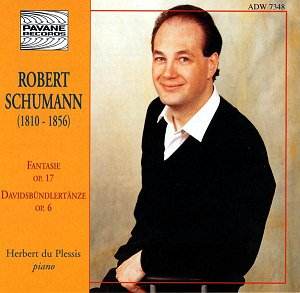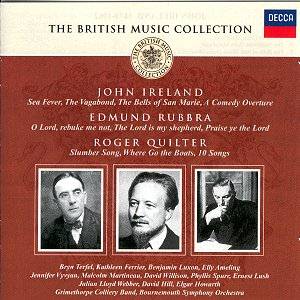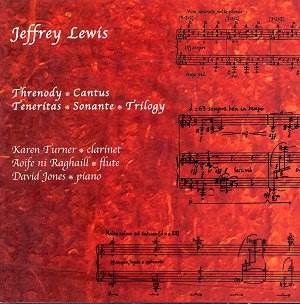 Composer: Frederick Delius
Composer: Frederick Delius
Works: North Country Sketches, In a Summer Garden, Appalachia
Performers: Royal Philharmonic Orchestra, conducted by Sir Thomas Beecham
Recording: Recorded February 14, 1949; October 27, 1951; October 29, November 6, 7, and 13, and December 18, 1952
Label: SONY SMK89429
Frederick Delius, a composer whose reputation has fluctuated over the decades, remains an evocative figure in the English musical landscape, often celebrated for his lush harmonies and atmospheric textures. The three works featured in this recent release under Sir Thomas Beecham’s baton—North Country Sketches, In a Summer Garden, and Appalachia—offer a glimpse into Delius’s diverse sound world, one that is as deeply rooted in the English countryside as it is influenced by his experiences abroad. Each piece serves as a testament to Delius’s ability to translate the essence of nature and human emotion into music, an endeavor that Beecham ardently championed throughout his career.
The North Country Sketches, Delius’s homage to the seasonal changes of his native Yorkshire, opens with a rich tapestry of sound that Beecham navigates with a keen sensitivity to the work’s atmospheric nuances. The orchestration is masterful, with each instrumental color vividly rendered. The middle movement, “Intermezzo,” captures an introspective serenity, allowing the strings to sing with a lyrical quality that is both haunting and redolent of misty moorlands. Beecham’s interpretation, though steeped in nostalgia, avoids excessive sentimentality, striking an admirable balance between passion and restraint. The restoration of the first note in the final movement is a welcome detail, enhancing the work’s overall sonic integrity and bringing forth the clarity that has been somewhat elusive in previous recordings.
In a Summer Garden, a work inspired by the idyllic surroundings of Delius’s home in France, is characterized by its impressionistic qualities. Beecham’s pacing in this performance is particularly noteworthy; he eschews the languorous tendencies of some interpreters for a vibrant and dynamic reading that allows the work’s thematic material to unfold naturally. The interplay between woodwinds and strings is executed with finesse, showcasing Delius’s delicate orchestration. The sonority captured in this recording is impressive, with the mono sound exhibiting a clarity that belies its age, allowing listeners to appreciate the subtleties of Delius’s harmonic language.
Appalachia, perhaps the most evocative piece of the trio, reflects Delius’s fascination with the American South, particularly in its portrayal of the plight of enslaved individuals. The music encapsulates both the beauty and tragedy of the landscape, and Beecham’s interpretation brings forth a visceral connection to this duality. The lush string passages evoke the vibrant flora of Florida, while the rhythmic drive of the orchestral lines suggests the dynamic life of the region. The performance resonates with a sense of urgency, particularly in the climactic moments that depict the sorrowful journey of the characters within the narrative. Beecham’s ability to maintain a sense of momentum while allowing for lyrical expansiveness is commendable and enhances the work’s emotional impact.
The recording quality, particularly for a collection of performances from the late 1940s and early 1950s, is remarkably robust. The engineering captures the orchestral textures with surprising depth, allowing the rich harmonies of Delius’s score to resonate fully. This release stands out not only for its interpretive insights but also for the sonic fidelity that supports Beecham’s visionary readings. While contemporary renditions by conductors such as Sir Charles Mackerras offer splendid stereo alternatives, Beecham’s recordings possess an inherent authenticity that encapsulates the spirit of Delius’s music as it was intended to be experienced during his lifetime.
Each of these works, under Beecham’s guidance, emerges with a freshness that is both enlightening and deeply satisfying. This disc is not merely a historical artifact; it serves as a vibrant reminder of the enduring power of Delius’s music and Beecham’s significant role in its revival. The combination of thoughtful interpretation and high-quality sound makes this release a valuable addition to any classical music collection.



